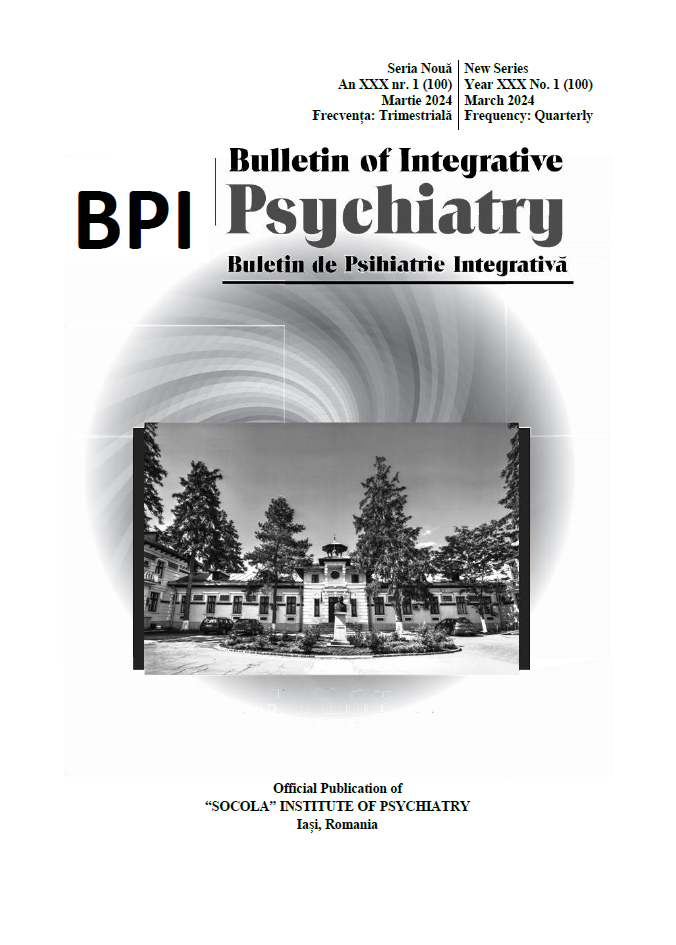The pygmalion effect in forensics
The pygmalion effect in forensics
Author(s): Vlad Teodor Iacob, Maria Loredana Păun, Călin Scripcaru, Bogdan Daniel Chirila, Andrei ScripcaruSubject(s): Essay|Book Review |Scientific Life
Published by: Editura Sedcom Libris Iasi
Keywords: Influence; expectations; conviction; self-fulfilling prophecy; performance.
Summary/Abstract: The Pygmalion Effect or Rosenthal effect is a psychological phenomenon in which high expectations towards a person lead to improvement in the performance of the individual in a particular area. The Pygmalion/Rosenthal effect was named after the Greek myth of Pygmalion, a sculptor who fell in love with a statue he sculpted and named after the psychologist Robert Rosenthal. In their book, Rosenthal and Lenore Jacobson applied the idea of the phenomenon to teachers' expectations of students, showing how these affect student performance, a view that has been partially undermined by subsequent research. Rosenthal and Jacobson argued that high expectations lead to better performance, and low expectations lead to worse outcomes, both effects leading to the self-fulfillment of prophecies. According to the Pygmalion effect, subjects acquire positive labels and manage to live up to expectations. A similar process works in the opposite direction, in the case of reduced expectations. The idea behind the Pygmalion effect is that an increase in the leader's expectations about the individual's performance will lead to better performance. In sociology, the effect is often invoked in relation to education and social class.
Journal: Buletin de Psihiatrie Integrativa
- Issue Year: 100/2024
- Issue No: 1
- Page Range: 123-128
- Page Count: 6
- Language: English

